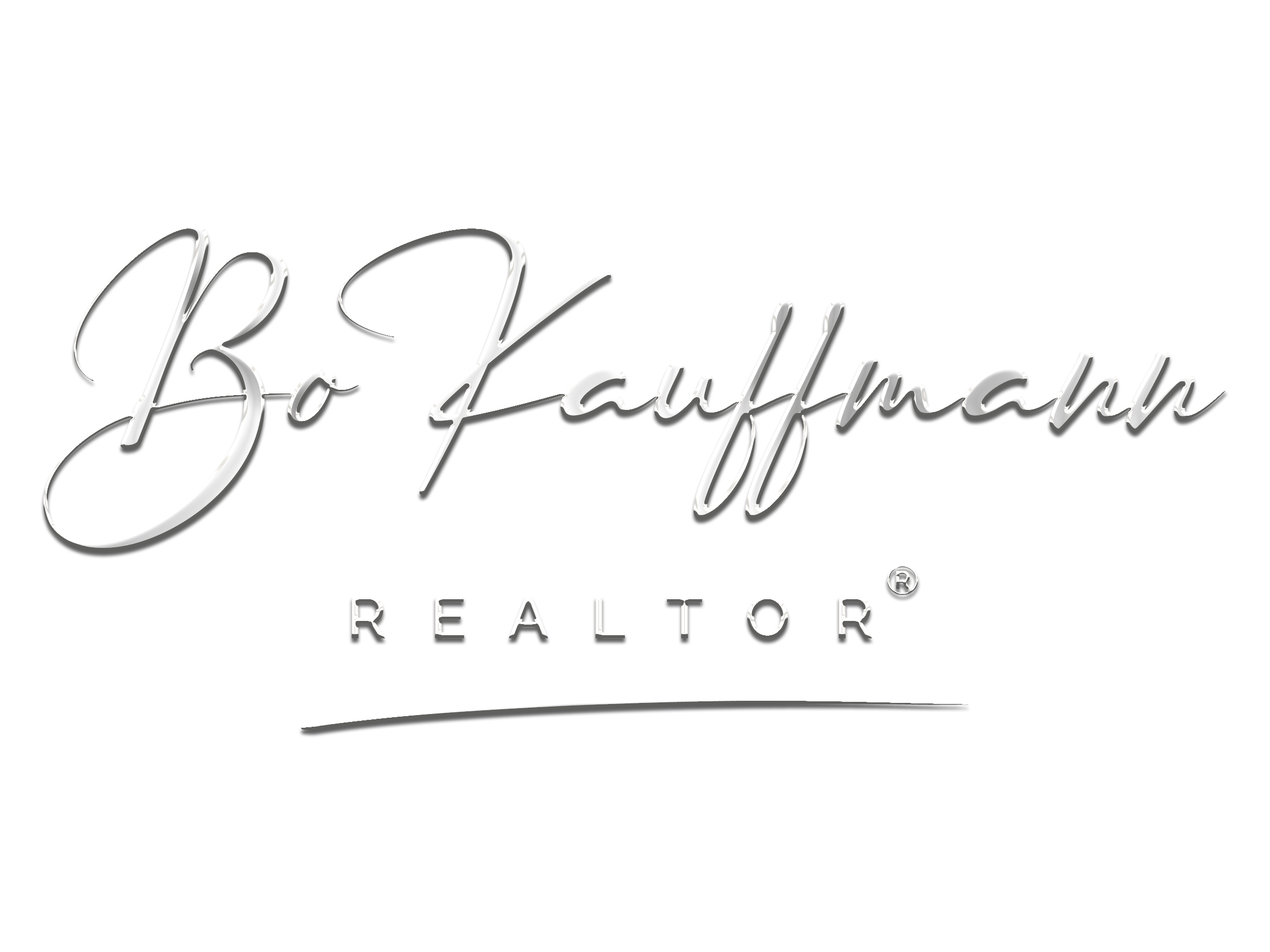
7 Tips for Buying a Second Property
Most second homes are recreational properties like cottages. These seven suggestions might be helpful for those looking to add real estate inventory to their portfolios.
How much elbow grease are you willing to devote? Buying a place that is in good condition is crucial if you don’t want to do major renovations yourself. Older homes will obviously require more maintenance. If you buy a place with a major overhaul in mind, just remember to factor in things like getting appropriate permits and the time it will take to make major changes.
Thinking of renting the property? If you’re buying a second property with renting it in mind, you will want to make sure to choose the right neighbourhood. Renters look for places that are close to amenities like shops, cafes, bars and eateries. You’ll get the most value when you choose a hot location.
In town or on the water. Waterfront properties are incredibly attractive, but they’re also more expensive. Homes in town or close to town are just as good without having the same price tag. If you’re buying a cottage, being close to a small resort town can be very appealing and offers a stress-free environment.
Indoor amenities. Condos and community living make terrific secondary, recreational living. Swimming pools are still the most popular when it comes to the indoor perks of these properties. The second is central air conditioning. Those who buy recreational homes want them to be as comfortable as their primary residences.
Check out every nook and cranny. When you’re on the hunt for a second home, getting a home inspection on the property in which you’re most interested, is a wise move. An inspector will look for things like major faults in the foundation, the state of the roof, beams that might be compromised, and the condition of plumbing and wiring, to name a few.
Down payment and insurance. Buying a second property like a cottage usually requires a heftier down payment and increased insurance. Keep in mind you’ll need flood insurance if your property is on the water. Some of that cost can be recouped by renting the property out when you’re not using it.
Use existing home equity. You can combine your existing home equity with a line of credit to finance a new property. There is no prepayment charge going this route and this will give you reusable credit as you pay down your balance.
